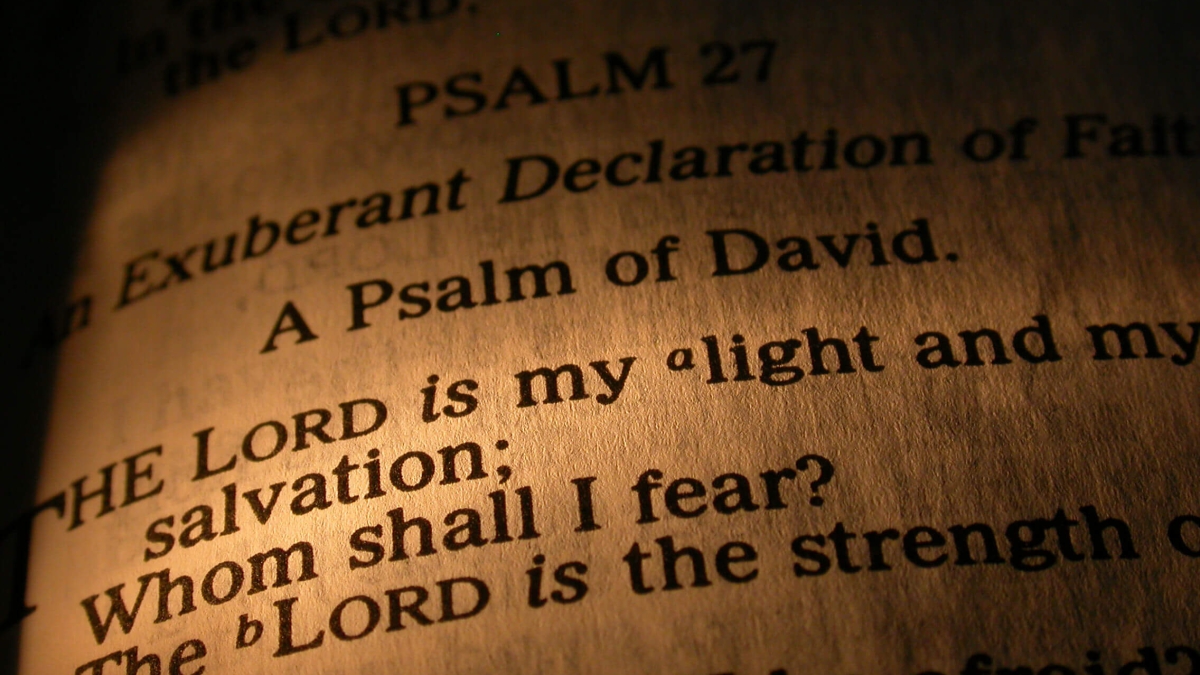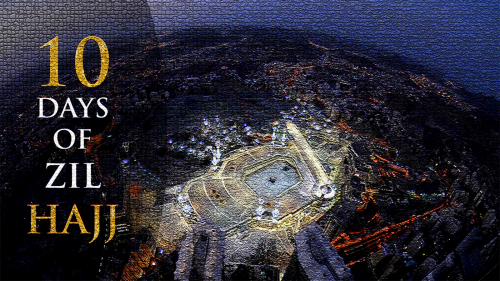Prophet David’s Psalm against False News and Evildoers

Prophet David (whose name is mentioned 16 times in the Qur’an) is one of the few Islamic Prophets who received Kingship as well as Prophethood. While other prophets preached during the reign of kings, Prophet David was also the king of the Land of Israel.
Thus, Prophet David received an extremely major task of making sure that the People of Israel were not only observing the rules of the Torah morally and spiritually, but also that the country itself remained strong as well.
Prophet David’s place as both leader and prophet (like both Moses and Muhammad) is revered by all Muslims as one of extremely high rank. The figure of King David, together with his prophetic son, Prophet King Solomon, are iconic of people who ruled justly over their land.
God frequently mentions David’s high rank as a prophet and messenger in the Quran. He is often mentioned alongside other prophets to emphasize how great he was. For example, God says:
And We gave him Isaac and Jacob and guided them, as We had guided Noah before them, and of his descendants, David and Solomon and Job and Joseph and Moses and Aaron. Thus We reward those who are upright and do good.” (Quran 6:84)
When Caliph ‘Umar visited Jerusalem, the Patriarch Sophronius accompanied ‘Umar on the Temple Mount, while he searched for the Mihrab Dawud (David’s prayer-niche) to perform a prayer. Later commentators identified this site with the Tower of David.
In a hadith, the prayer and fasting of David is mentioned to be dear to God. Narrated Abdullah bin ‘Amr bin Al-‘As: The Apostle of Allah told me, “The most beloved prayer to Allah is that of King David and the most beloved fasts to Allah are those of King David. He used to sleep for half of the night and then pray for one third of the night and again sleep for its sixth part; and used to fast on alternate days.” (Sahih al-Bukhari)
The Zabur (Psalms in the Hebrew Bible) is a holy book attributed to Prophet David by God, just as Prophet Musa (Moses) received the Tawrat (Torah), Prophet Isa (Jesus) received the Injil (Gospel) and Prophet Muhammad received the Quran.
For today’s believers who live in a time when democracy in the USA is threatened as never before, and the internet is filled with more and more false news and hate-filled words, Psalm 140 written by Prophet King David speaks directly to us:
1. Rescue me, Lord, from evildoers;
protect me from the violent,
2. Who devise evil plans in their hearts
and stir up war every day.
3. They make their tongues as sharp as a serpent;
the venom of vipers vibrates their lips.
4. Keep me safe, Lord, from the hands of the wicked;
protect me from the violent,
who devise ways to trip my feet.
5. The arrogant have hidden a snare for me;
they have spread out the ropes of their net
and have set traps for me along my path.
6. I say to the Lord, “You are my God.”
Hear! Lord, my cry for mercy.
7. Sovereign Lord, my strong deliverer,
you shield my head in the day of battle.
8. Do not grant the wicked their desires, Lord;
do not let their plans succeed.
9. Those who surround me proudly rear their heads;
may the mischief of their lips engulf them.
10. May burning coals fall on them;
may they be thrown into the fire,
into miry pits, never to rise.
11. May slanderers not be established in the land;
may disaster hunt down the violent.
12. I know that the Lord secures justice for the poor
and upholds the cause of the needy.
13. Surely the righteous will praise your name,
and the upright will live in your presence.
Topics: Hate Speech, Interfaith, Prophet Dawud (David), Zabur (Psalms Of David)
Views: 1791
Related Suggestions

















